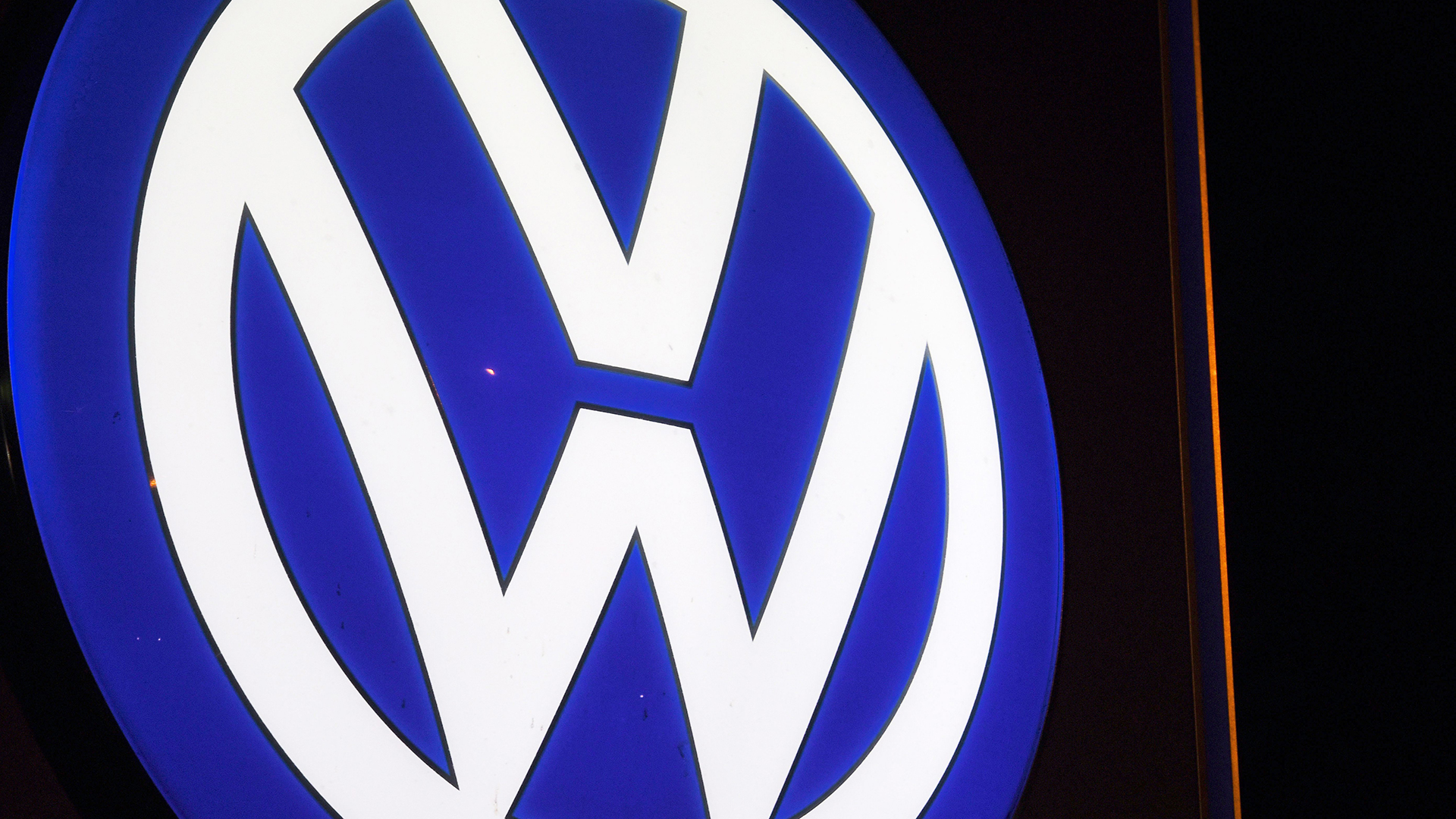

Volkswagen reportedly told media that the group foresees a diesel “renaissance” in the near future despite being the face of the “Dieselgate” scandal. First, automakers must convince the world that diesel cars and trucks aren’t as dirty as people once believed.
“Diesel will see a renaissance in the not-too-distant future because people who drove diesels will realize that it was a very comfortable drive concept,” said Matthias Mueller, Volkswagen’s newest CEO, “Once the knowledge that diesels are eco-friendly firms up in people’s minds, then for me there’s no reason not to buy one.”
It’s no secret that Volkswagen is trying to remedy its position in the eyes of the public. Even if it has fixed its vehicles to become compliant with hardened standards, convincing the world to give the automaker a second chance has been increasingly difficult due to the continued fallout from the three-year-old emissions cheating scandal.
Convincing the world otherwise may not be as easy as Mueller suggests. Not only has the company received a demerit on its record for its actions, but the attention has brought forward allegations against nearly ever other automaker that uses a diesel power plant in their vehicles. European officials have even investigated cartel-like actions between BMW, Daimler, and Volkswagen Group for emission component design fixing.
The announcement comes as a bit of a surprise, especially given Volkswagen’s increasing investment in electrification and the looming promises of banning fossil-fuel powered vehicles in some European countries within the next two decades. Other automakers, like Toyota, have dropped the diesel in its entirety, potentially leaving an open spot in the market for Volkswagen to fill.
Despite the $40 billion investment, electrification might not be enough. Volkswagen’s previous CEO, Herbert Diess, once acknowledged that current electric car technology might not keep “frequent drivers” happy with their purchase during the presentation of the I.D. Vizzion, despite the car having a 404-mile range on a single charge. Not many drivers travel more than eight times the national average, but for those that do, current-day charging infrastructure, battery capacity, and charging rates might prove Diess to be right.
It would make sense for Volkswagen and its subsidies to use clean diesel platforms as a bridge between modern-day fuel efficiency requirements and the eventual maturity of electrification. As the growing pains of electric cars are alleviated with new technology and market growth, the eventual phase-out of diesel in the consumer market may be inevitable.